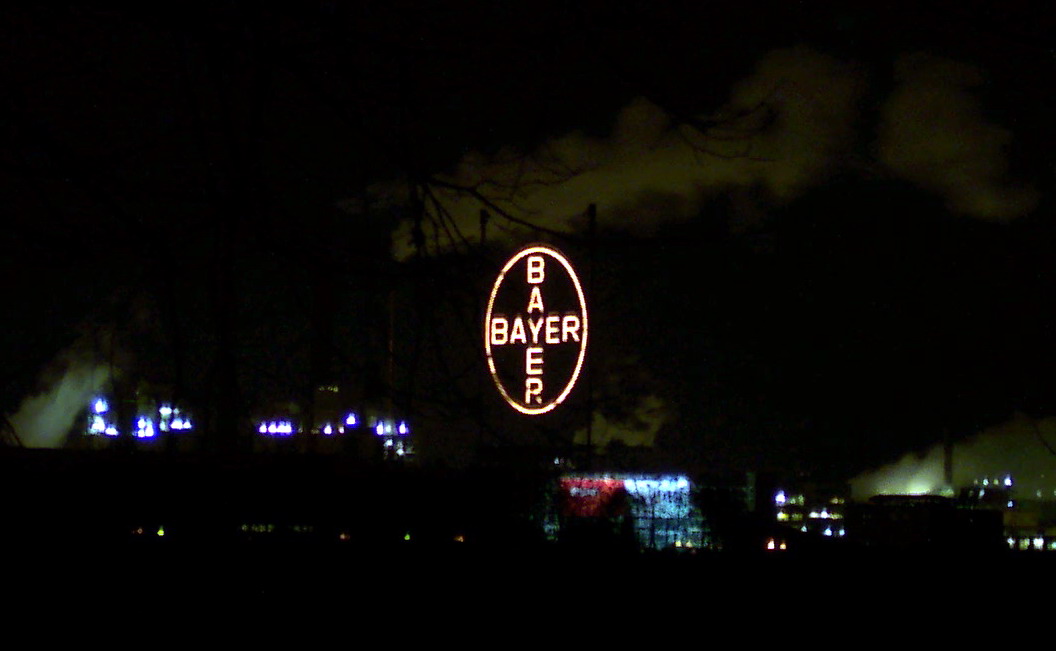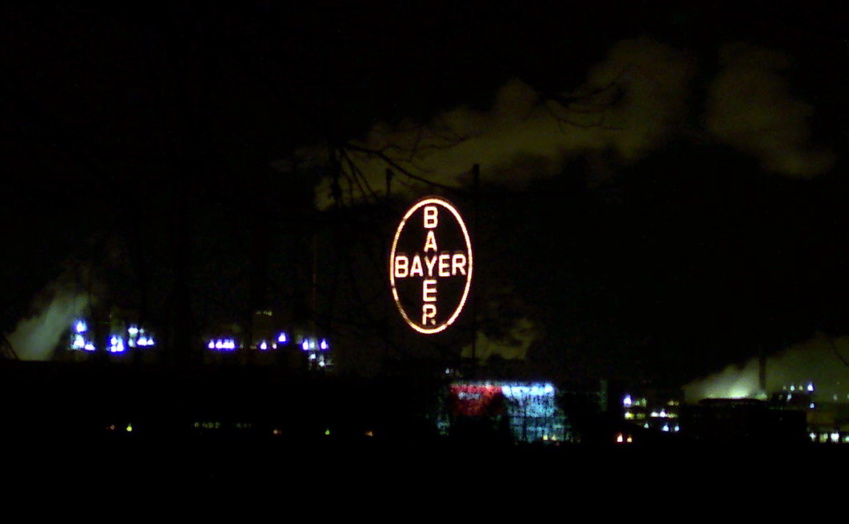We didn’t have anything to do with cattle. Until we started to wonder about small farms. We wanted to know: How can small dairy farms in Latin America prosper? What are their challenges? And, how is global warming affecting their business? Why dairy? For poor farming families in Central America and Southeast Mexico, keeping cattle and selling dairy can help them make a living.
The livestock economy also improves regional food security, bringing nutrition to the most vulnerable, especially women, children and the elderly. But it’s hard to keep dairy cows in the local climate. Every year, the dry season reduces milk production. And climate change is making it worse. During droughts, the grass withers, and cows have little to eat. They lose weight, have fewer calves, and suffer worse health, all while the demand for dairy stays the same. Bayer saw a chance to help. What if dairy farmers grew corn during the rainy season? They could store chopped corn plant material, called silage, and save it for the next dry season. They wouldn’t have to depend on grass. Maybe they could even sell the extra crop.
They didn’t have experience in growing corn. To make this project work, the dairy farmers needed to learn new skills and use new technology they had never used before. DKSilos corn is specially bred to grow well in the region and give dairy cows the nutrition they need to live healthy, productive lives.
Next, they needed money to buy necessary equipment and farming inputs like seed, fertilizer and pest control. Taking care of healthier cows through partnership. That’s more than Bayer could do by itself, so we asked others to join in and help these farmers keep their cattle fed and productive. Partners included Lacthosa Sula, a large Honduran dairy processor, and major dairy buyers.
Through these alliances, farmers got access to technicians with agronomy backgrounds, Bayer supervisors, training, financing, and distribution outlets. The program has been running for seven years, reaching over 40,000 farmers throughout Southeast Mexico, Guatemala, Honduras, Nicaragua, Costa Rica, Panama and the Dominican Republic. And the average farmer makes about $5,000 USD more per year by adopting these practices. And those are only the human benefits. Healthy, well-fed animals are enjoying the corn silage as well.
Cows are experiencing less sickness and better pregnancy and birth rates. Helping smallholder farmers is key to fighting hunger in low and middle-income countries. That is why we’re changing our business at Bayer to provide tailored solutions that empower 100 million smallholders by 2030.
The livestock economy also improves regional food security, bringing nutrition to the most vulnerable, especially women, children and the elderly. But it’s hard to keep dairy cows in the local climate. Every year, the dry season reduces milk production. And climate change is making it worse. During droughts, the grass withers, and cows have little to eat. They lose weight, have fewer calves, and suffer worse health, all while the demand for dairy stays the same. Bayer saw a chance to help. What if dairy farmers grew corn during the rainy season? They could store chopped corn plant material, called silage, and save it for the next dry season. They wouldn’t have to depend on grass. Maybe they could even sell the extra crop.
They didn’t have experience in growing corn. To make this project work, the dairy farmers needed to learn new skills and use new technology they had never used before. DKSilos corn is specially bred to grow well in the region and give dairy cows the nutrition they need to live healthy, productive lives.
Next, they needed money to buy necessary equipment and farming inputs like seed, fertilizer and pest control. Taking care of healthier cows through partnership. That’s more than Bayer could do by itself, so we asked others to join in and help these farmers keep their cattle fed and productive. Partners included Lacthosa Sula, a large Honduran dairy processor, and major dairy buyers.
Through these alliances, farmers got access to technicians with agronomy backgrounds, Bayer supervisors, training, financing, and distribution outlets. The program has been running for seven years, reaching over 40,000 farmers throughout Southeast Mexico, Guatemala, Honduras, Nicaragua, Costa Rica, Panama and the Dominican Republic. And the average farmer makes about $5,000 USD more per year by adopting these practices. And those are only the human benefits. Healthy, well-fed animals are enjoying the corn silage as well.
Cows are experiencing less sickness and better pregnancy and birth rates. Helping smallholder farmers is key to fighting hunger in low and middle-income countries. That is why we’re changing our business at Bayer to provide tailored solutions that empower 100 million smallholders by 2030.


 Bayer Helps Dairy Farmers in Latin America with Corn Silage
Bayer Helps Dairy Farmers in Latin America with Corn Silage





 Companies
Companies